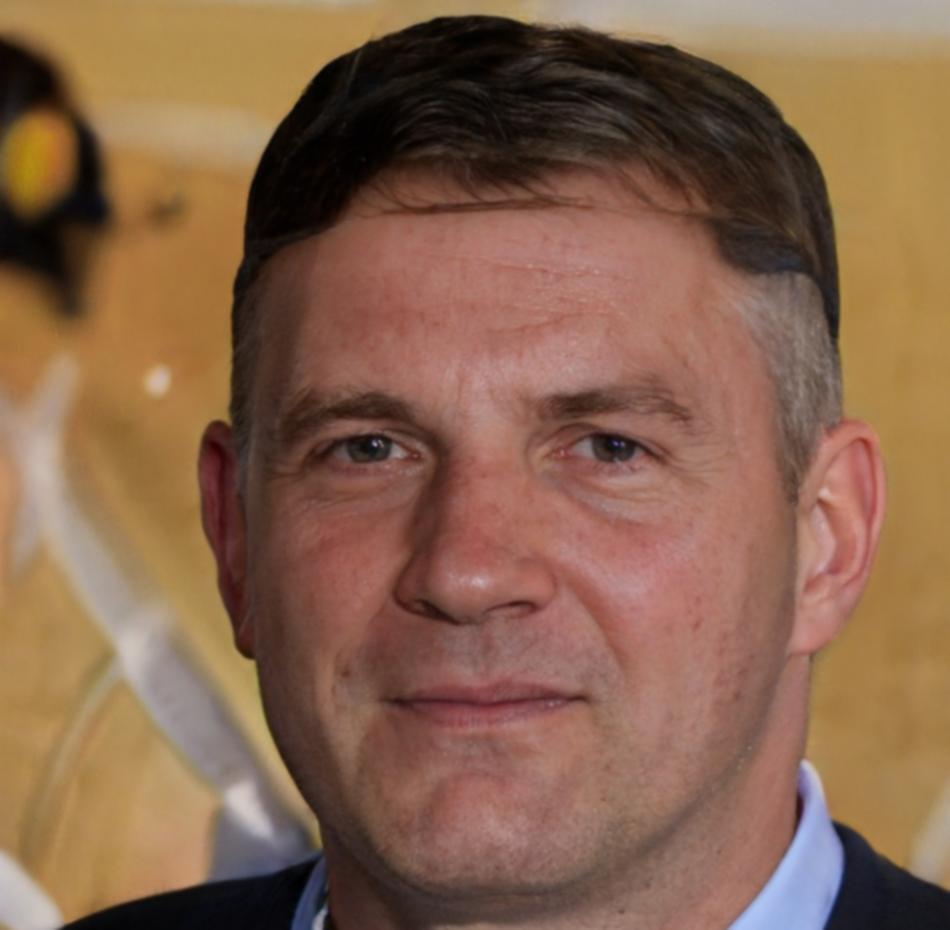Our Story
What Started in a Coffee Shop Now
Reaches Thousands
Back in 2019, three of us were
sitting in a cafe in District 1, frustrated. We'd all taken expensive
finance courses that looked impressive on paper but didn't help much
when we faced actual balance sheets at work.
The materials were polished. The
instructors had credentials. But something was missing—the messy,
practical stuff you deal with every day. So we decided to create what
we wished we'd had: straightforward lessons using real company data
from Vietnam's market.
2019
First cohort of 23 people. Ran
sessions from a borrowed conference room on weekends.
2021
Moved to online format during
lockdown. Discovered our approach worked even better with
screen sharing.
2023
Partnered with accounting
firms to develop case studies based on actual client
scenarios.
2025
Expanded curriculum to cover
analysis techniques specific to emerging markets.




